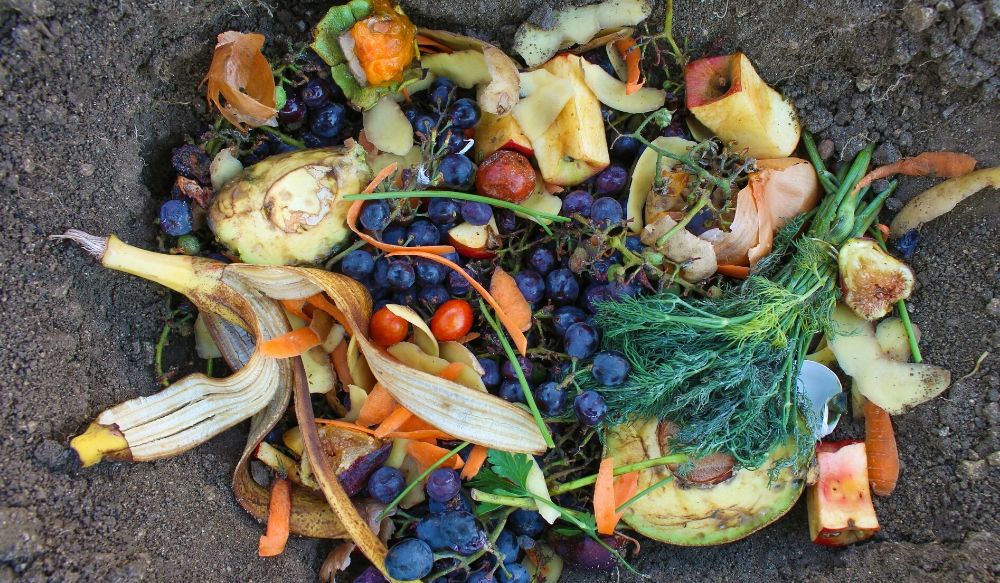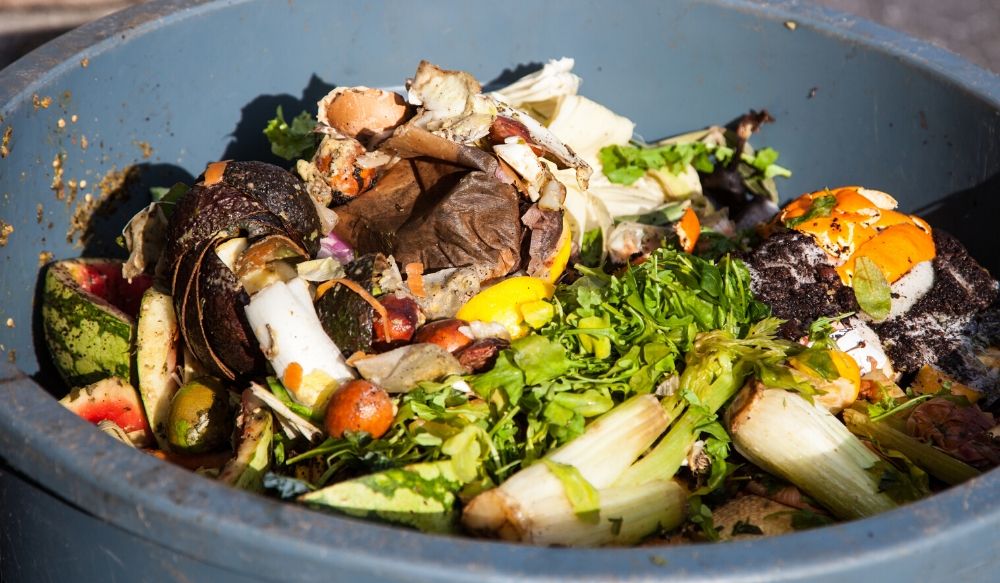In this article – How can restaurants fight food waste and save money? – we explore how restaurants can fight food waste and save money. With a staggering 58% of food produced in Canada going uneaten, the implications for both the environment and the economy are profound. Implementing strategies for food waste management not only contributes to sustainability efforts but also presents significant financial opportunities for restaurants. We’ll delve into actionable steps that can be taken, the potential savings, and how becoming part of the solution can enhance a restaurant’s reputation and profitability. Discover the ways in which your restaurant can minimize waste and maximize efficiency, ultimately benefiting both your business and the planet.

Why Reducing Food Waste is Essential for Restaurants
Food waste is a costly and pressing issue in the restaurant industry, not only in terms of finances but also in environmental impact. In Canada, approximately 58% of all food produced goes uneaten, translating to roughly one ton of wasted food per Canadian each year. When you consider that one in nine people in Vancouver face food insecurity, reducing food waste becomes both a financial and ethical responsibility for restaurants.
Additionally, addressing food waste is one of the most effective ways to combat climate change. The United Nations estimates that if food waste were a country, it would be the third-largest greenhouse gas emitter globally, behind only China and the United States. This environmental urgency underscores the need for restaurants to adopt waste-reduction practices that also help reduce costs.
How Much Can Restaurants Save by Reducing Food Waste?
Avoidable food waste is valued at $49 billion annually in Canada. For the restaurant and food service industry alone, this represents an economic opportunity of $7 billion each year. A recent report, tracked 114 restaurants across 12 countries and found that almost every restaurant achieved a positive return on investment, with an average of $7 saved for every $1 spent on waste reduction. (source)
This significant return shows that addressing food waste isn’t only sustainable—it’s financially beneficial.
Effective Food Waste Management Strategies for Restaurants
Reducing food waste doesn’t have to be a complicated process. Here are actionable strategies that can help your restaurant fight food waste while boosting profitability:
1. Conduct Food Waste Audits
A food waste audit provides critical insights into the areas where waste occurs most frequently, such as over-ordering, spoilage, or portion sizing. Regular audits allow you to implement more effective solutions and track progress over time.
2. Optimize Inventory Management
Inventory management plays a vital role in reducing food waste. Adopting the FIFO (First In, First Out) method ensures older ingredients are used first, reducing spoilage and the likelihood of waste.
3. Adjust Portion Sizes
Portion sizes that are too large lead to significant plate waste. Analyzing customer habits can help you fine-tune portion sizes to match demand, minimizing waste without affecting guest satisfaction.
4. Implement Creative Menu Planning
Cross-utilize ingredients across multiple menu items to avoid excess. For example, using seasonal produce in both appetizers and main courses allows for bulk purchasing and reduces unused ingredients.
5. Repurpose Excess Ingredients
Encourage your team to repurpose ingredients, such as using vegetable trimmings for soups or stock. This can help utilize leftover ingredients while offering unique specials to guests.
6. Train Staff in Waste-Reduction Techniques
Proper training on portioning, storage, and handling can significantly reduce waste. Engaging your team in waste reduction initiatives ensures a unified approach to achieving sustainability goals.
7. Consider Composting or Donation Options
If waste is unavoidable, composting or donating excess food can help reduce landfill contributions while positively impacting your community.

The Financial and Environmental Benefits of Food Waste Reduction
By prioritizing waste management, your restaurant can reduce costs associated with over-purchasing, spoilage, and disposal. With increased consumer interest in sustainable dining, adopting waste-reduction practices also enhances your restaurant’s reputation. Guests are more likely to support businesses committed to environmental responsibility, making food waste reduction a smart business decision.
Take Control of Food Waste and Boost Your Restaurant’s Profitability
How Restaurant Can Fight Food Waste & Save Money? Fighting food waste in your restaurant is an achievable goal with far-reaching benefits. By implementing efficient waste-reduction strategies, you can lower costs, appeal to eco-conscious customers, and contribute to a healthier planet. Ready to make a positive change? Contact me for a consultation, and let’s explore the ways your restaurant can improve sustainability and profitability.
For more support, visit my restaurant consulting or restaurant coaching services. And if you’d like to expand your skills in food waste management, take a look at our Online Culinary School to start making impactful changes in your kitchen.
